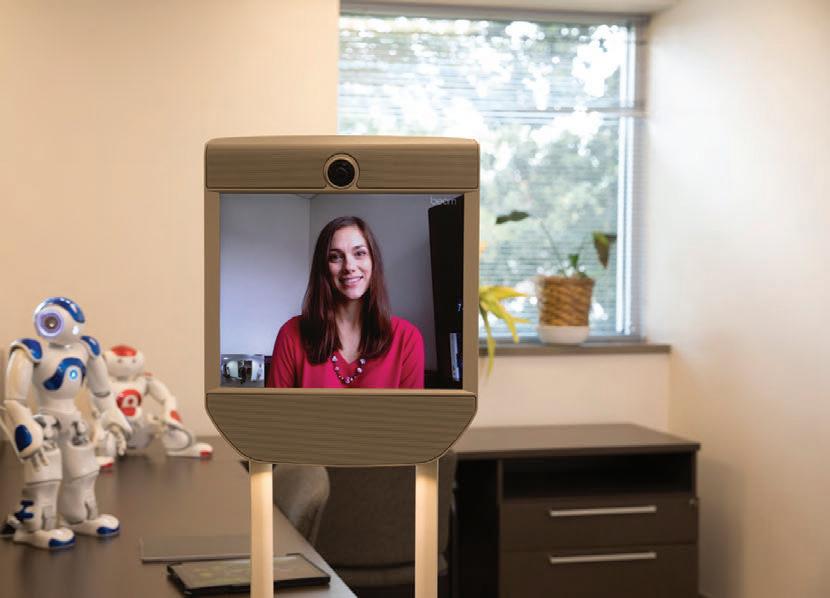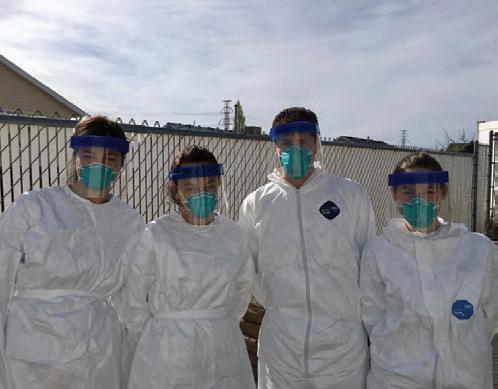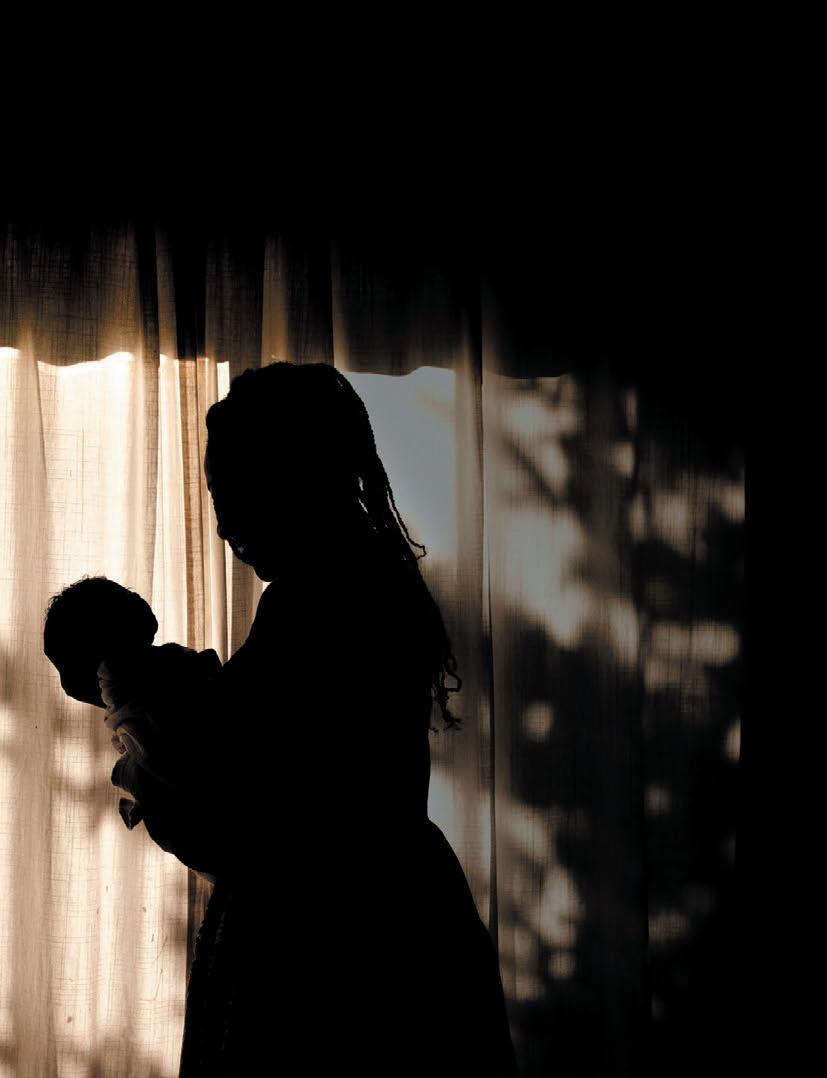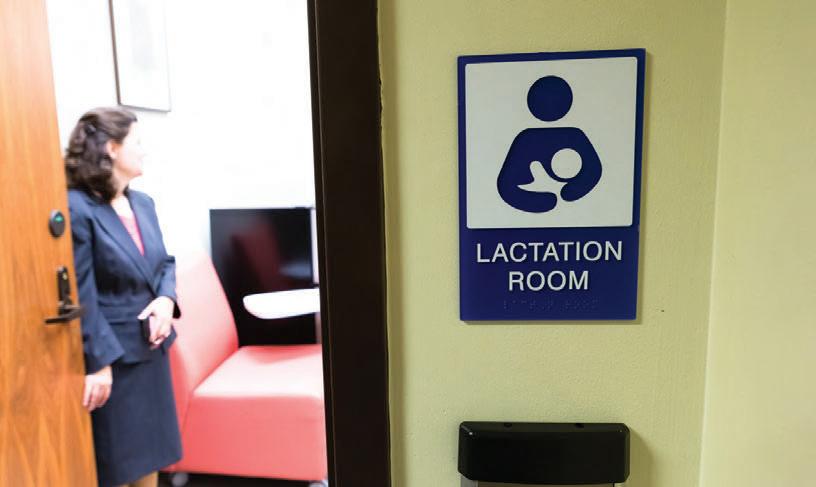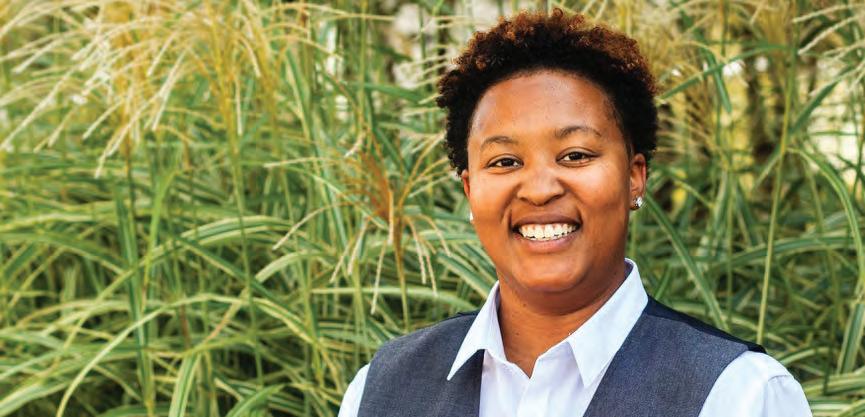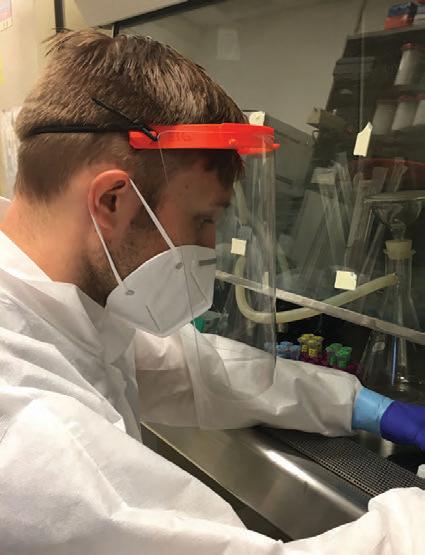
2 minute read
Billy Norfolk: COVID Tracker
Every little bit counts.
That’s the biggest lesson William “Billy” Norfolk has learned working alongside CPH faculty on COVID-related research projects.
Norfolk, who is working toward a doctorate in environmental health, says the changing and urgent research needs presented by the pandemic have brought together scientists across UGA and the world to fill in knowledge gaps about the Sars-CoV-2 virus.
“There has been wide-scale open sharing of data, methods and advice between individuals, and it is this openness that has led to improved research progression,” said Norfolk.
For his part, Norfolk has contributed to three ongoing projects since spring 2020, beginning with participating in the College’s virtual hackathon in late March, where he built a series of COVID-19 case data visualizations for public use.
“Since the beginning of the shutdown there was a push for accurate and user-friendly data visualizations of COVID-19 cases,” said Norfolk.
Shortly after, he joined the UGA Center for the Ecology of Infectious Diseases (CEID) Coronavirus Working Group to assist with developing interactive data visualizations for COVID-19 data.
The CEID COVID-19 tracker allows users to view data collected from multiple sources at the country, state, and county levels. Under the direction of CPH’s Andreas Handel, Norfolk was instrumental in adding county-level data to the application.
Norfolk also began working with members of Travis Glenn’s and Erin Lipp’s labs in the Department of Environmental Health Science to determine whether ozone disinfection was a viable method for quickly sanitizing medicalgrade masks and other PPE.
And he continues to work with the Lipp lab now to track COVID-19 outbreaks in specific communities using wastewater samples.
“Thus far, we have developed a pipeline for extracting and quantifying SARS CoV-2 viral RNA from wastewater influent, and we’ve begun to track spikes in RNA concentration to predict increases in positive cases within the population,” said Norfolk.
Norfolk says his coursework at UGA, specifically his data analysis and experimentation training, provided a strong foundation that enabled him to contribute to these projects. And the learning continued with each new hurdle that comes along with working on real world issues, he said.
“The most important thing I learned through my experience working on COVID response projects is that every little bit helps. I think it is every scientist’s hope that their research will benefit the greater community, and it has been an excellent experience to work on an evolving issue in real-time to better inform the public and policy makers.”

